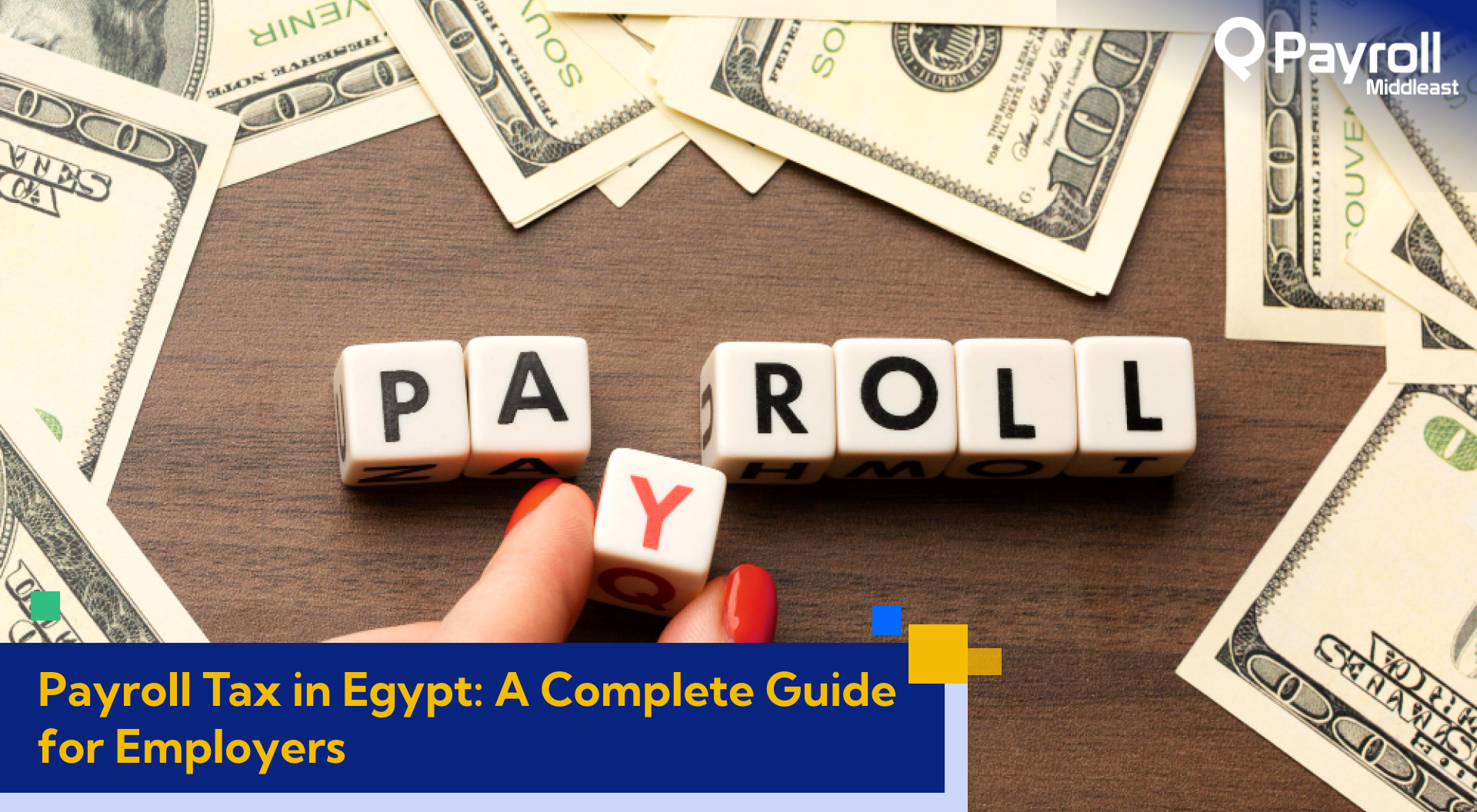Wages reflect what are the economic values of a nation. They show what are the social priorities around here and how a country treats its workforce. Kuwait’s minimum wage mirrors where labour standards stand in the region, in 2026.
Introduction
Expats make up nearly 70% of the workforce in this country. That’s why it is so important to understand who gets paid what and why. A stagnant minimum wage in a changing economy affects the livelihoods of people.
In this blog post, we discuss everything there is to know about Kuwait’s minimum wage in 2026. We also cover what the law says, how it works, how it impacts workers and employers, and how reality stacks up against expectations.
Why minimum wage matters in Kuwait’s labor-driven economy
Kuwait runs on labor. Be it mega infrastructure projects, the hospitality scene or day-to-day domestic work, it’s the people behind the scenes running it. Many of these are foreign workers who keep all these parts moving.
But what happens when these workers are constantly underpaid? Or what are the effects when they get paid inconsistently? Productivity suffers. Morale drops. And reputations get damaged, all around. That’s why minimum wages are far more than some baseline figures. Contract negotiations are influenced, expectations are set across sectors, and policies get framed around fair treatment, thanks to the power of a set minimum wage. For those who hold very little bargaining power, it is also the first line of economic dignity.
Minimum wages, or lack of them, affects businesses too! Fair wages can lead to lower turnover, fewer disputes, and a more reliable workforce. A company that respects wage laws is one that earns trust. And that comes not only from its employees, but from regulators and partners too.
Relevance in 2026
Why is the minimum wage still relevant in 2026? There are a lot of reasons for that. Economic shifts happen. Costs fluctuate. And while the minimum wage remains static to this year (since 2010!), that doesn’t mean the rate holds steady to this day.
Because in 2026, stakes have grown than ever before. Inflation is rising all over the globe. And Kuwait remains no exception. With food prices climbing high, rents getting inflated, and currency value shifting, it becomes even more apparent that what might have been deemed as enough a decade ago is no longer sustainable in the least.
There’s also this increasing pressure from international human rights organizations. Gulf labour practices are now under a stricter scrutiny, especially where domestic and migrant workers are involved. Wage transparency and compliance are now seen as non-negotiables in maintaining Kuwait’s global reputation.
Businesses, meanwhile, are being faced with an increasingly competitive market where talent retention has become a real challenge. Knowing the law and going beyond it when needed is quickly turning into a competitive advantage.
What Is the 2026 Minimum Wage?
The core minimum wage in Kuwait rates haven’t changed significantly recently and remain in effect for 2026. These are the actual numbers that define the minimum wage in Kuwait in 2026
Private sector: 75 KWD/month (~USD 248)
It is the headline figure. This wage is applicable to the vast majority of expatriate and national employees working in private companies across industries like construction, retail, hospitality, and services.
That translates to roughly $248 USD per month (using approximate exchange rates). It’s the absolute legal floor for full-time work. While many skilled roles earn far more, this protects those in entry-level or lower-skilled positions. It’s the number the Ministry of Social Affairs and Labour enforces.
This standard minimum wage in Kuwait for private sector workers was first set in 2010 and hasn’t moved an inch since. Let’s put that into perspective. 75 KWD barely covers a shared room in Kuwait City, let alone transportation, meals, or remittances. So, while some employers might sometimes add housing or food support, that’s neither guaranteed nor consistently applied. Some businesses might consider paying the bare minimum as some sort of cost saving tactic. But the long term cost of reputational damage, a sky high rate of employee turnover, and huge levels of employee burnout quickly outweigh all those short term ‘savings’.
Domestic workers: 60 KWD/month (~USD 198)
Domestic workers, including housekeepers, drivers, and nannies, fall under a separate wage structure. Set at 60 KWD, it assumes housing and meals are provided by the employer. But that doesn’t mean the worker has cash liquidity or the ability to send home consistent remittances.
These workers often live in their employers’ homes, work long and undefined hours, and have little oversight or support. The gap between what’s legal and what’s humane is, unfortunately, still quite wide in this sector.
Legal Framework & Enforcement
Kuwait’s labor framework is anchored in Law No. 6 of 2010 concerning labour in the Private Sector.
Statutory reference — Law No. 6/2010 with 5-year reviews
The wage framework is based on Kuwait’s Labor Law No. 6 of 2010. It requires that the minimum wage should be reviewed every five years. However, despite this legal requirement, the wage has not seen any adjustments in over a decade.
The lack of updates stems from a mix of political inertia, economic strategy, and business lobbying. It raises the question: what’s the point of a review mandate if reviews don’t lead to reform?
Wage protection via monthly payroll, 7-day grace period
To protect workers from payment delays, Kuwait requires employers to pay salaries monthly via traceable bank transfers. A 7 day grace period is allowed for salary processing. Anything beyond that is a violation of labor laws and can trigger fines, suspension of business licenses, or even legal action.
That said, enforcement happens to be inconsistent. In industries with thousands of subcontracted or seasonal workers, wage delays are often reported, especially during periods of financial strain or contract disputes.
Overtime rules (125–200%)
This is how the Kuwaiti labour laws spell out the overtime rules:
- Regular overtime: 125% of basic hourly wage
- Weekends/public holidays: 150% to 200% of base wage
- Working beyond 48 hours/week or during scheduled rest: compensated accordingly
However, many workers report not receiving proper overtime pay. Or worse, they are forced to work off the clock under informal arrangements. This is especially common in industries with weak oversight, such as construction or private domestic employment.
Challenges & Realities
These are some of the challenges workers in Kuwait are faced with:
Compliance and enforcement gaps
There’s a world of difference between what’s written in law and what actually happens. Many employers dodge the rules using creative accounting, verbal-only contracts, and unregistered employment setups. Even businesses with the best intentions often struggle with outdated systems and complex subcontracting chains.
Labor inspections are limited, and many workers fear retaliation if they report wage issues. Even with the Wage Protection System in place, some employers still find workarounds. That puts the burden on employees to prove violations, often without legal aid.
Disparities between expats and nationals
While Kuwaiti nationals often benefit from stronger contracts, pension contributions, and better access to grievance systems, expats, especially low-wage workers, face uneven playing fields. The same job pays vastly different wages based purely on nationality. It is a silent but pervasive discrimination baked into the labor market. The result? Wage gaps that go beyond skills or experience and reflect structural inequality.
Impact of cost of living and rent inflation
Kuwait’s cost of living has outpaced wage growth. In urban areas, rents for even modest accommodations have skyrocketed. Add to that rising utility bills, grocery costs, and transport, and the picture gets bleaker for low wage workers.
Remittances, a key motivator for many foreign workers, have been getting harder to maintain. This not only affects individual households abroad but also dampens worker morale and productivity.
Comparisons & Context
GCC peers: KSA, UAE, Qatar
Where Kuwait’s minimum wage has remained unchanged, regional peers are advancing themselves:
- Qatar introduced a non-discriminatory minimum wage of QAR 1,000/month, plus allowances.
- UAE rolled out its job-tiered salary structures aligned with skills and residency tiers.
- Saudi Arabia imposed a 4,000 SAR minimum for citizens to count in Saudization programs.
Kuwait’s static approach risks making it a comparatively less attractive destination for workers who have options in neighboring countries with better protections.
Kuwait’s rate vs. neighboring standards
In real terms, Kuwait’s minimum wage trails behind most of the GCC. This low benchmark, combined with rising living costs and weak enforcement, undercuts its regional competitiveness.
For businesses, this could mean difficulties in attracting skilled labor, higher turnover, and growing pressure from clients and watchdogs to meet ethical hiring practices.
Know Your Rights
Whether you are entering Kuwait for a new job or already working there, knowing your rights is your first form of protection.
Ensure contract includes wage terms
Your employment contract should clearly mention salary, working hours, leave entitlements, and any overtime terms. Vague or missing wage details are a red flag. So don’t sign until it’s spelled out. If your contract is in a language you don’t understand, request a translated version. Verbal promises mean nothing in court.
Wage Protection System & pay timelines
Kuwait’s Wage Protection System requires salary payments via bank transfer, letting the government track wage compliance. Salaries should be paid within 7 days of the due date. Delays can and should be reported.
Make sure your bank account is in your name and check your statements regularly. Employers cannot hold your card or force you to use accounts they control.
Overtime laws & grace period (7 days)
Overtime pay is a legal right. Keep a record of hours worked, especially if your job regularly requires extra shifts. If overtime isn’t reflected in your salary, it’s time to speak to HR or escalate it to the Ministry of Labour.
If your salaries are being delayed, document everything. If it’s taking beyond 7 days, you have the right to file a formal complaint.
Conclusion
The minimum wage in Kuwait for 2026 (75 KWD for private sector workers, 60 KWD for domestic workers) is an important benchmark. It represents the government’s commitment to a basic standard for all workers. The Wage Protection System provides a strong mechanism for enforcement, demanding timely electronic payments.
Yet, the reality is complex. Compliance gaps persist. The cost of living makes this minimum incredibly challenging for sole breadwinners, and the disparity between expats and national compensation structures remains pronounced.
Understanding this figure is the first step. For workers, it’s about knowing your rights and the value that you bring to a workforce. For employers, it’s about legal operation and ethical responsibility. For businesses operating here, it’s a fundamental payroll input.
Because while the law sets the stage, it’s the enforcement, awareness, and intention behind it that shape real outcomes. And right now, there’s room for progress on all three fronts.
If you are an employer in Kuwait trying to get things right or you just want to avoid the legal mess that comes with non-compliance, you don’t have to do any of it alone.
Calculating overtime correctly, and ensuring every employee is paid accurately and on time is complex. That’s where our expert payroll outsourcing steps in. Let us handle the details of Kuwaiti labor law and payroll processing, ensuring you stay compliant and your employees are paid correctly, every single time. Free up your time and sleep soundly knowing your payroll is in expert hands. Contact us for our Kuwait payroll solutions today!
FAQs
Q: Is there a minimum wage for all jobs in Kuwait?
No, the minimum wage in Kuwait only applies mainly to low income roles in the private sector and domestic work.
Q: Has the minimum wage in Kuwait ever changed in recent years?
It has remained the same since 2010, despite the law saying it should be reviewed every five years. Yet no major update or development has occurred.
Q: What can I do if I am not being paid the legal minimum?
You should report the wage violations to Ministry of Labour.
Q: Does the minimum wage include housing or food allowances?
Not usually. Employers might offer food or housing benefits, especially for domestic workers, but that’s usually separate from the cash wage.
Q: Is overtime pay compulsory?
Yes. Overtime is required by law.
Q: How is overtime calculated on the minimum wage?
First, find your hourly rate. Then apply the premium:
- 125% of hourly rate for overtime on normal days.
- 150% for overtime on your weekly rest day (usually Friday).
- 200% for overtime on official public holidays.
Q: Are foreign workers protected under the same wage laws?
Yes, in theory. But in practice, enforcement is weaker for foreign workers.
Q: How can payroll outsourcing help employers stay compliant?
Businesses can automate their salary disbursements, ensure compliance with local laws, reduce manual errors, and maintain transparent wage records by outsourcing payroll.
Q: Is 75 KWD enough to live on in Kuwait?
Realistically, 75 KWD per month is extremely challenging as sole income. Considering housing, food, transportation, communication, and other basics, it’s a survival wage, not a comfortable living wage for most.





